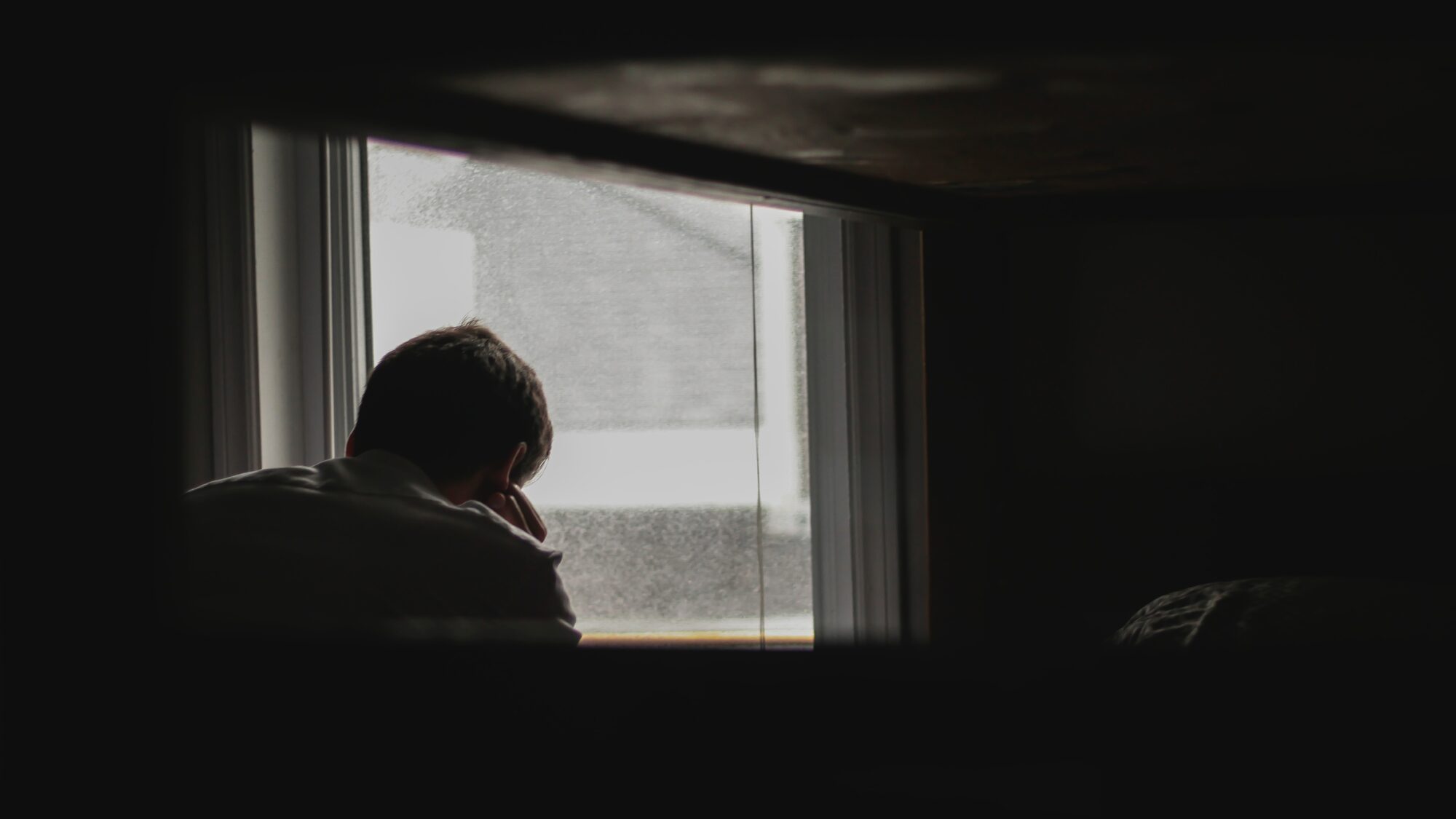For many of us, winter brings what is sometimes called the “winter blues” or “cabin fever”. Most of us in Northern Michigan are familiar with these feelings. Lack of sunlight and being cooped up in our homes for months can cause low energy, frustration and the longing for warm summer weather. The promise of spring keeps us going but certainly not without some discomfort as we wait oh so patiently for sunshine.
But for many people winter can cause suffering in the form of depression known as Seasonal Affective Disorder. Seasonal Affective Disorder (SAD) is a form of Major Depression that occurs in a seasonal pattern, often with onset of depressive episodes that begin in fall or winter and usually subside in the spring.
Symptoms of SAD may include feelings of deep sadness and depression, having low energy or feeling sluggish, becoming easily agitated, loss of interest in activities that you may have once looked forward to, trouble sleeping or concentrating, changes in weight or appetite, having frequent thoughts of hopelessness or thoughts of self-harm.
When symptoms are minimal there are steps that can be taken to combat these feelings.
Refocusing your diet and exercise routine can help reduce symptoms. In the winter months we tend to be more laxed in our approach to exercise and food. Refocusing how you are fueling your body may help to reducing low energy and sluggishness. As well, exercising releases “feel-good” endorphins that can boost your mood and attitude.
Scheduling time to get outside or planning events to look forward can also help. Fresh air can increase energy levels, while increasing concentration and brain functioning. Planning family events or time out with friends can provide distraction from the cold weather, while giving you much needed social interaction that can be lacking when the snow is keeps us stuck at home.
But when these techniques are not working and you find continued feelings of hopeless, have ongoing feelings of depression, are withdrawing yourself socially, experiencing problems at work, if you are abusing substances or are having thoughts of suicide, then it may be time to seek professional help. Talk to your doctor about your options such as medication or light therapy, see a mental health profession to talk through your feelings and address your mental health needs, and if immediate help is needed go to your local emergency room or call the National Suicide Prevention Hotline at 1-800-273-8255.


